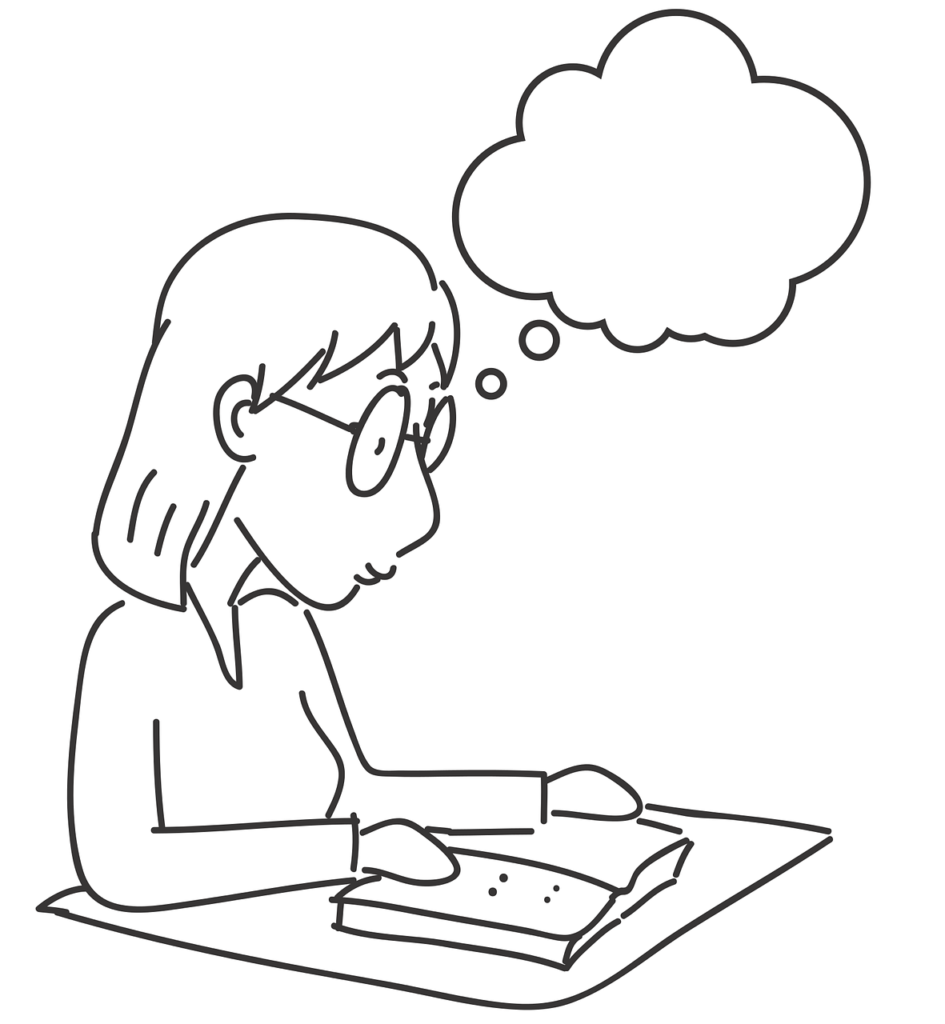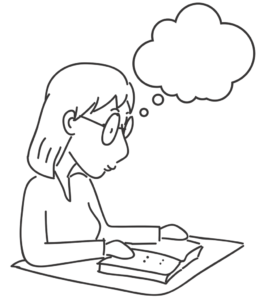Nothing is permanent in this world except change. And since any sort of change causes stress, then, people should just accept that stress is a fact of life that we all have to live with. But what exactly is stress? Stress is a psychological and physiological response to events that upset our personal balance in some way. There is good stress and bad stress. Good stress gives you the motivation to do your best when cramming for exams, or preparing for a job presentation. However, when things get out of hand and life’s demands exceed your ability to cope, stress becomes bad for your physical, emotional and psychological well-being.
You can feel the tension caused by stress in your shoulders and neck, as well as heart-pounding in the chest. You lose sleep, feel depressed, and get tired. When stress becomes long-term, it increases your risk for heart disease, mental distress, and weight gain.
Having a regular fitness regimen is a good stress relief practice. Enjoying a walk in the park is one way to reduce stress. Sometimes, just learning to accept what you cannot change can help ease the burden of stress. Meditation and yoga are two stress relief techniques that help train your body to relieve stress.
Meditation is an ancient practice that has gained worldwide acceptance even in modern times. As a stress relief technique, meditation has the ability to produce relaxation response that helps reduce blood pressure, lift depression, and ease stress.
Another ancient practice that reduces stress and tension is yoga. It can lower blood pressure and levels of stress hormone called cortisol. You also boost flexibility, strength, endurance, and balance through yoga. As you work through the various poses, you must focus on inhaling and exhaling. Breath concentration is yoga’s key to stress relief management. With this focus, you let go of external thoughts and anxiety.
Most adults go for a full-body massage, not only for pleasure, but for its stress relief benefits. According to the American Massage Therapy Association (AMTA), 39 million Americans had at least one massage in 2006. That’s approximately one in six adults getting the health benefits of massage therapy for stress relief.
Massage therapy can be effective for a variety of conditions, including arthritis, lower back pain, insomnia, headaches, anxiety, circulatory problems, and recovery from a sports injury. Good coping skills were associated with better levels of the so-called good cholesterol or high-density lipoprotein (HDL). The better a person copes with stress, the better chances there are of attaining a good cholesterol level. Stress and hostility affect a person’s cholesterol levels.
Other research found that avoidance coping, such as blaming oneself, is unhealthy and related to hostility and anger. Both are related to blood pressure elevation and lower HDL. Hostility is also associated with higher blood glucose levels in healthy people and in diabetics, which raises the risk of heart disease. Hostile people use emotion-focused coping like anger and avoidance instead of problem solving.
So, if your hectic lifestyle seems to take its toll in your physical, emotional and psychological well-being, stress relief techniques can bring you life back into balance.






